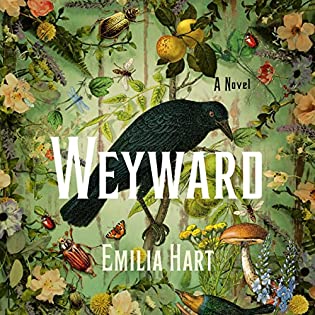 Weyward by Emilia Hart
Weyward by Emilia Hart Narrator: Aysha Kala, Helen Keeley, Nell Barlow
Published by Macmillan Audio on March 7, 2023
Genres: Fantasy/Science Fiction, Historical Fiction
Length: 10 hours and 51 minutes
Format: Audio, Audiobook
Source: Audible
Buy on Amazon, Buy on Bookshop
This post contains affiliate links you can use to purchase the book. If you buy the book using that link, I will receive a small commission from the sale.
Goodreads
I am a Weyward, and wild inside.
2019: Under cover of darkness, Kate flees London for ramshackle Weyward Cottage, inherited from a great aunt she barely remembers. With its tumbling ivy and overgrown garden, the cottage is worlds away from the abusive partner who tormented Kate. But she begins to suspect that her great aunt had a secret. One that lurks in the bones of the cottage, hidden ever since the witch-hunts of the 17th century.
1619: Altha is awaiting trial for the murder of a local farmer who was stampeded to death by his herd. As a girl, Altha’s mother taught her their magic, a kind not rooted in spell casting but in a deep knowledge of the natural world. But unusual women have always been deemed dangerous, and as the evidence for witchcraft is set out against Altha, she knows it will take all of her powers to maintain her freedom.
1942: As World War II rages, Violet is trapped in her family's grand, crumbling estate. Straitjacketed by societal convention, she longs for the robust education her brother receives––and for her mother, long deceased, who was rumored to have gone mad before her death. The only traces Violet has of her are a locket bearing the initial W and the word weyward scratched into the baseboard of her bedroom.
Weaving together the stories of three extraordinary women across five centuries, Emilia Hart's Weyward is an enthralling novel of female resilience and the transformative power of the natural world.
This was an engaging read. I know I’m enjoying an audiobook when looking extra forward to my walks so I can listen and when I actually don’t mind doing dishes. I like to listen to audiobooks when doing tasks that don’t require concentration. In fact, I actually listened while sitting on the couch and mindlessly playing with a coloring app. That’s how I know I am really enjoying a book: when I have trouble putting it down.
Of the three characters, Altha was probably my favorite. I really liked the narrator who read her part quite a lot. Kate’s story resembled the plot of Sleeping with the Enemy. However, I didn’t find that to be purposeful or stilted—I suppose when you get down to it, stories of abusive relationships will often sound familiar.
Men do not come off too well in this book, but to be fair, Violet’s brother Graham, Kate’s father Henry, and a minor character, Adam Bainbridge, are all good, decent men. However, all the other male characters are flat evil, using their power as men to hurt the women in their lives. It seems to me the difference is fear. The good men in this book are not afraid of women and are not threatened by female autonomy. They also view women as fully human. This book has a lot to say about the harm of misogyny—both to women and men.
The family historian in me loved the idea of discovering the rich history of one’s ancestors in the way that both Violet and Kate do. Who wouldn’t want to discover they had inherited a centuries-old cottage and a gift for communicating with animals?
The setting is also well-drawn in all three eras. The idea that the families who stayed in Crows Beck flitted into all three women’s stories as minor characters—the Kirkbys, the Metcalfes—made the story feel more like an authentic family saga while also offering an Easter egg for the reader.
I highly recommend this book to anyone who likes historical fiction about witches. I also love how it reclaims the title of “witch” from its negative history. It’s a great read.
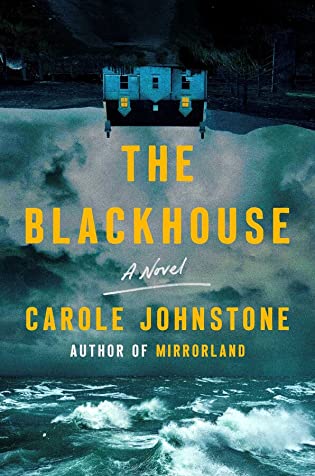 The Blackhouse by
The Blackhouse by 
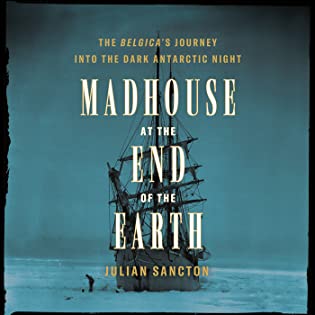 Madhouse at the End of the Earth: The Belgica's Journey into the Dark Antarctic Night by
Madhouse at the End of the Earth: The Belgica's Journey into the Dark Antarctic Night by 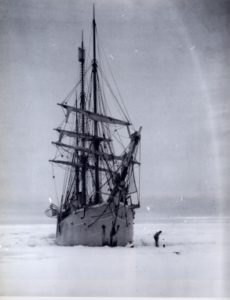
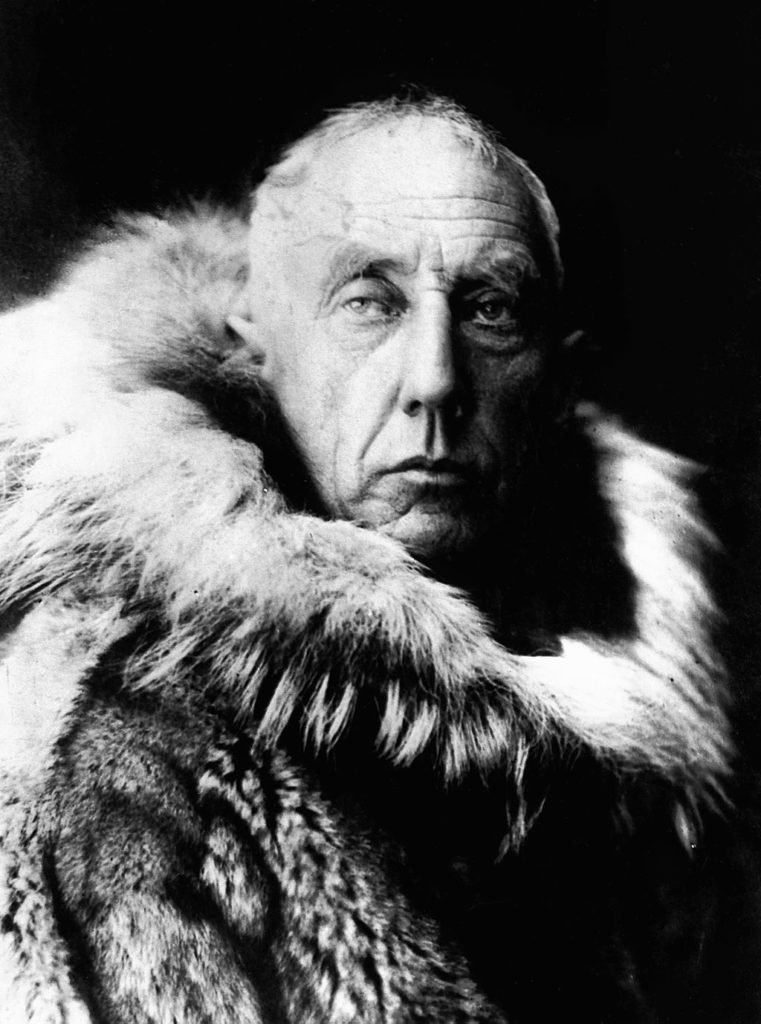
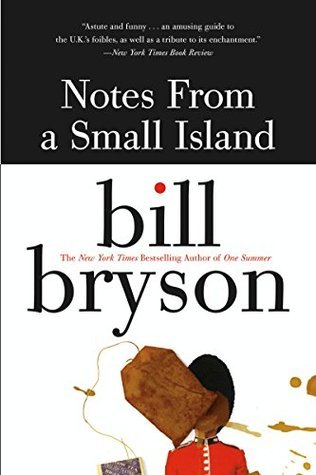 Notes from a Small Island by
Notes from a Small Island by 
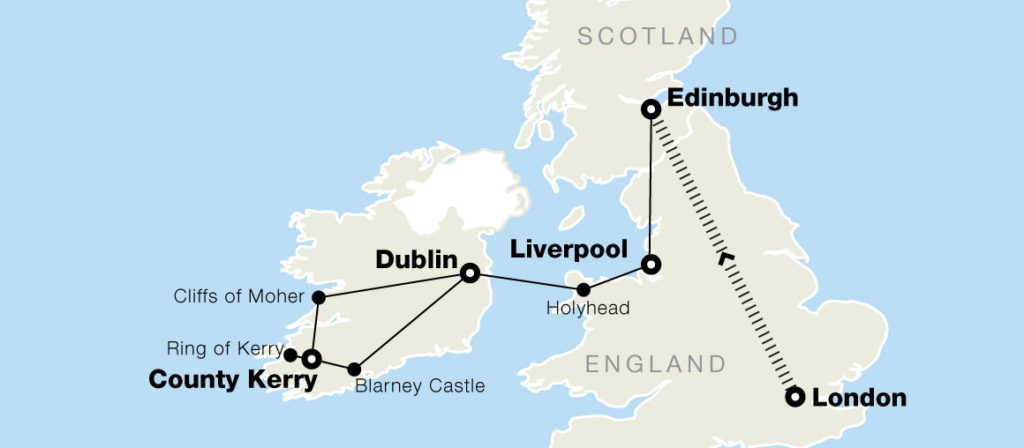
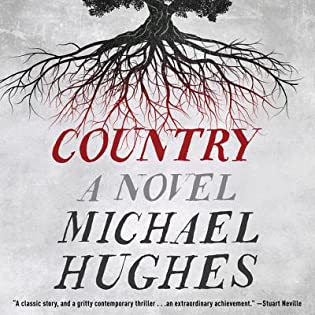 Country by
Country by 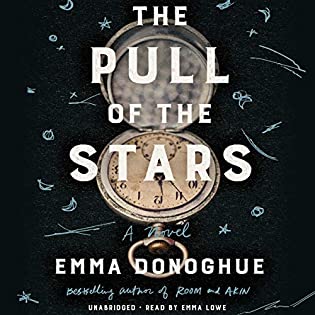 The Pull of the Stars by
The Pull of the Stars by 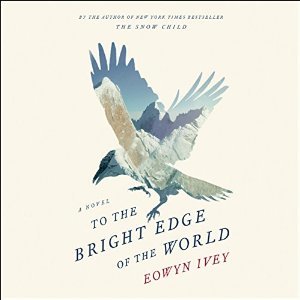 To The Bright Edge of the World by
To The Bright Edge of the World by 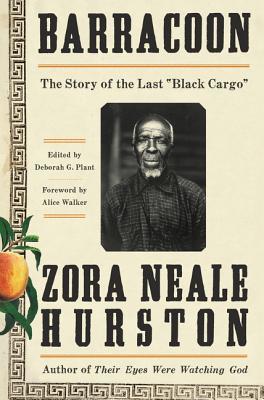 Barracoon: The Story of the Last “Black Cargo” by
Barracoon: The Story of the Last “Black Cargo” by 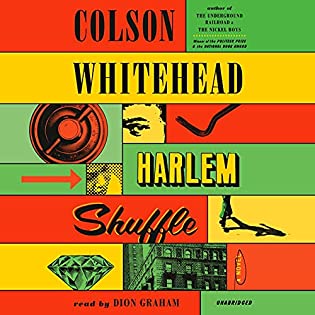 Harlem Shuffle by
Harlem Shuffle by 
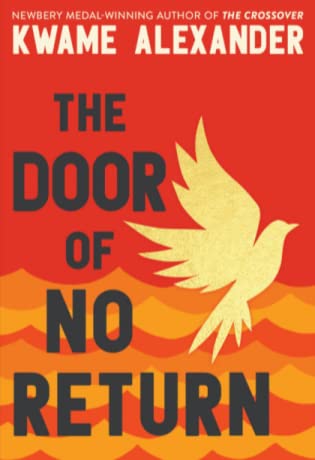 The Door of No Return by
The Door of No Return by 